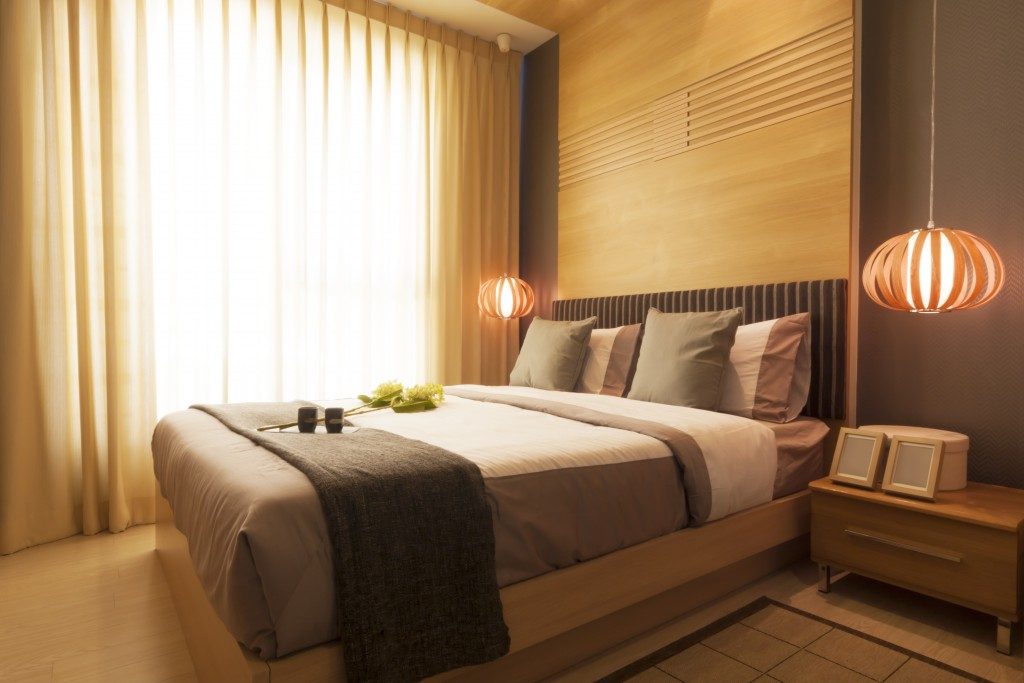The rise of Airbnb and the influx of other home-sharing rental sites and peer-to-peer vacation rental services pose a different kind of challenge for hotels. Well-known chains and high-end hotels, like the Executive Inn, may not be as affected by Airbnb and home-sharing, but the same can’t be said for boutique hotels which focus on a smaller audience or set of customers.
While the home-sharing trend has yet to give the hotels a run for their money, they have significantly disrupted the hospitality industry in just a decade. Now, hotels are dialing up their marketing efforts, offered amenities, and other services to stand strong against what may well be the industry’s biggest competition.
It’s no longer enough to provide simply the basic amenities and services to attract guests. Hotels today also have to be more conscious of guest expectations and strive to exceed them to inspire potential guests to choose their establishment rather than a cheaper vacation rental apartment or room.
Tech and Pet-focused Amenities
Unique amenities are the way to go to attract more guests from the younger generations, especially Millennials.
Whether they’re traveling for business or leisure, you won’t go wrong with boosting your hotel’s technology-focused amenities. Just as homeowners are increasingly turning their houses into smart homes, travelers are expecting their hotels to offer high-speed Wi-Fi, device charging ports, and the ability to use their smartphones as alternatives to traditional room keys or cards.
Pet-friendly rules and facilities are another way to entice more guests to book with your hotel. More Americans own pets, and a growing percentage of pet owners are taking their beloved companions along for when they travel, kicking up the demand for pet-friendly amenities from hotels, airlines, and more.
Authentic Local Experiences

Millennials (and Generation Z-ers) are also driving the burgeoning experience economy. Thanks to social media, sharing different experiences is much easier. With just a click of a button or a tap of the screen, your guests can share photos, witty blurbs, and reviews of their hotel experience to other people on the Internet.
There is a variety of guest experiences you can choose to focus on, such as personalized and eco-friendly experiences. However, if you’re looking to improve your hotel’s appeal compared to Airbnb and other vacation rental options, then providing guests an authentic local experience is the way to go.
You can take inspiration from your city or neighborhood. Showcasing local history and culture in hotel room designs as part of the overall décor can make your guests’ stay feel more authentic. You can also partner with local guides or tour operators, notable local restaurants, and activity organizers in your area.
Digitized Customer Service
Social media has done more than simply allow guests to review your hotel and share their experiences. It also allows potential guests to get in touch with your hotel and make inquiries. Social media is an invaluable part of marketing and customer service. Your social media presence is one way to pique your target audience’s interest.
Remember to boost your overall online presence, too. Travelers are increasingly using online search engines and the Internet to find, compare, and book their accommodations. Aside from your own website and online booking system, it can also pay off to publish your rates on third-party booking websites.
Recognizing and meeting (or going above) guest expectations of a hotel stay will not only help you attract potential guests but also help you reignite the public’s interest in boutique or less well-known hotels.
